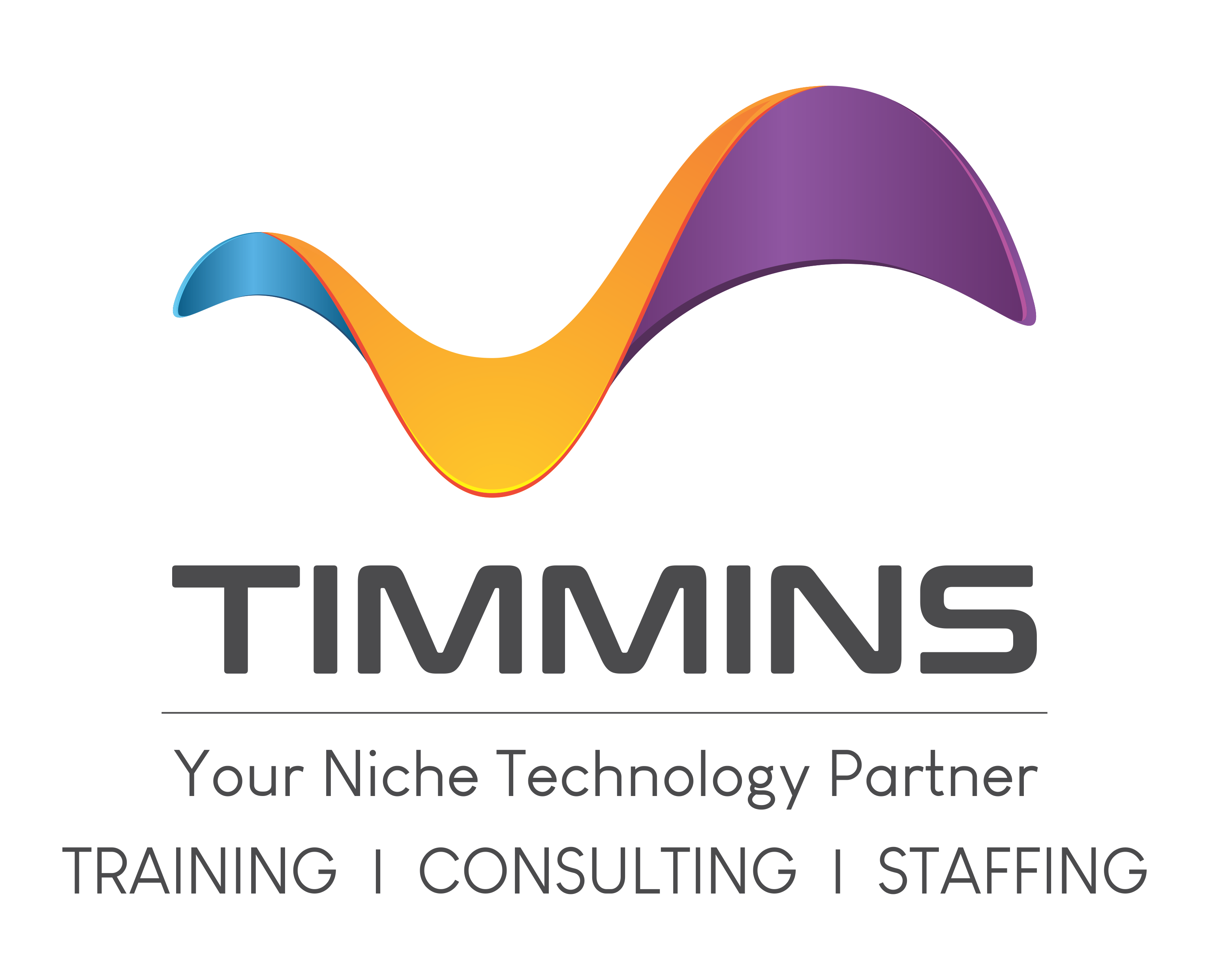
Course Content
Section outline
-
-
Module 1: Introduction to Microservices Architecture (2 Hours)
- Monolithic vs. microservices architecture
- Core principles: scalability, single responsibility
- Benefits and challenges of microservices
-
Module 2: Setting Up the Development Environment (1 Hour)
- Installing Node.js, Docker, and essential tools
- Structuring a basic microservices project
-
Module 3: Building Microservices with Node.js (2 Hours)
- Using Express to build RESTful services
- Handling asynchronous operations with Promises and async/await
-
Module 4: Service Communication and Data Management (2 Hours)
- Designing RESTful APIs for inter-service communication
- Implementing caching with Redis
-
-
-
Module 5: Service Discovery, Load Balancing, and API Gateway (2 Hours)
- Implementing API gateways for routing and security
- Tools like NGINX and Kong
-
Module 6: Containerization and Deployment with Docker (2 Hours)
- Containerizing Node.js microservices
- Using Docker Compose for multi-container applications
-
Module 7: Monitoring, Logging, and Troubleshooting (2 Hours)
- Tools like Prometheus, Grafana, and ELK Stack
- Strategies for troubleshooting common microservices issues
-
Module 8: Capstone Project and Course Review (1 Hour)
- Building a simple microservices application
- Best practices and next steps
-
